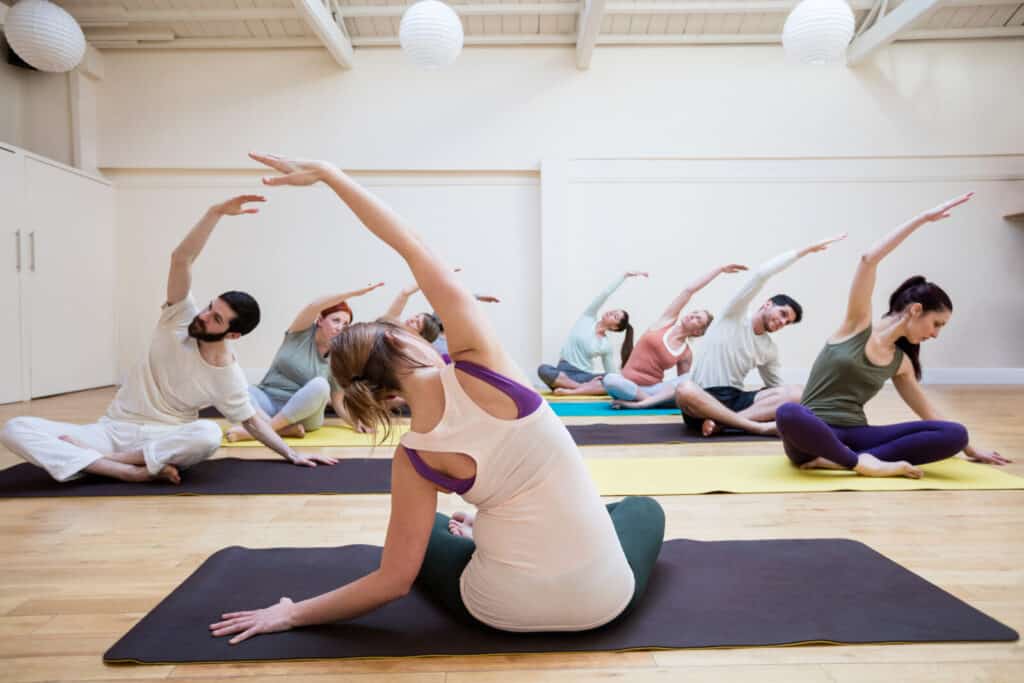A new study suggests that people who volunteer may have a longer life expectancy than those who do not. Researchers from the School of Public Health at the University of Michigan examined data from over 64,000 adults aged 51 and older for their study. During the six-year study period, volunteers were 27% less likely to die than non-volunteers.
A new study conducted by the School of Public Health at the University of Michigan indicates that volunteering may be associated with a longer lifespan. 64,000 adults aged 51 and older participated in the six-year study, and those who volunteered had a 27% lower mortality rate than those who did not.
Volunteers were also more likely to have a healthier lifestyle and greater mental health, according to the study. Those who volunteered frequently reported higher levels of physical activity and a greater ability to cope with stress.
Dr. Erinn Huffman, who directed the study, stated, “Volunteering may be a way to care for oneself by caring for others. We are aware that social engagement is associated with health benefits, but this study indicates that volunteering may play a significant role in this.”
The findings suggest that volunteering may be beneficial for both physical and mental health, and may even aid in life extension. Dr. Huffman added, “Our findings suggest that volunteering may be associated with a lower risk of mortality, due in part to its ability to promote healthy behaviours, foster social engagement, and foster a sense of purpose.”
This study provides additional evidence that helping others can have a positive impact on our own lives. Volunteering is a great way to meet new people and maintain social ties, as well as an opportunity to give back to the community.
Volunteering may have a positive effect on our health and may even help us live longer, according to research conducted by the University of Michigan School of Public Health. Volunteers had a 27% lower mortality rate than non-volunteers, according to a study of 64,000 adults aged 51 and older. It was also discovered that volunteers were more likely than non-volunteers to have healthier lifestyles and better mental health.
Dr. Erinn Huffman, who directed the study, stated, “Volunteering may be a way to care for oneself by caring for others. Our findings suggest that volunteering may be associated with a lower risk of death, due in part to its capacity to promote healthy behaviours, foster social engagement, and provide a sense of purpose.”
These results indicate that volunteering our time to assist others can have significant positive effects on our own lives. From meeting new people and maintaining social connections to providing an opportunity to give back to the community, volunteering appears to have many benefits.

















